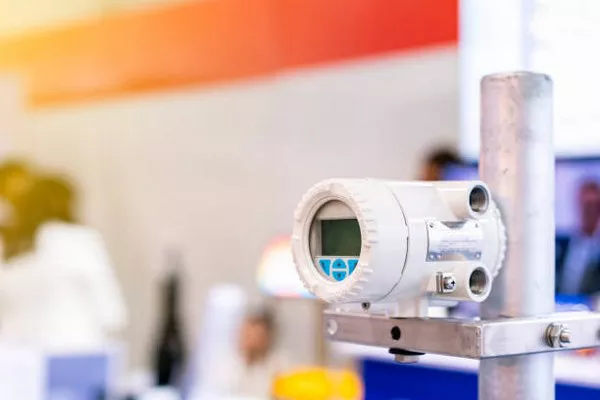Carl Perrin, CEO of the Institute for Clean Growth and Future Mobility at Coventry University, has highlighted the urgency for the UK industry to accelerate its efforts in electrification. While Tata Group’s £4 billion investment in a new electric car battery factory is a positive step, Perrin believes it should be just the beginning of boosting supply chain capacity.
With the UK government’s target to end the sale of new petrol and diesel cars by 2030 approaching rapidly, Perrin emphasizes the need for sustained investment in domestic firms to commercialize emerging technologies. Additionally, support for SMEs to transition their skills to electrification roles is crucial.
Coventry University’s Institute for Clean Growth and Mobility manages one of the largest portfolios of clean mobility projects in the UK. At the Cenex-LCV and Cenex-CAM event, they will showcase their expertise and activities in clean mobility, manufacturing, and future transport and cities.
Perrin emphasizes the importance of a holistic approach to achieving Net Zero targets, considering emissions from manufacturing processes, supply chains, and vehicle end-of-life solutions. He also highlights the need for a comprehensive skills development strategy to meet the growing demand for green economy jobs.
Coventry University’s Electric Revolution Skills (ERS) Hub, an integrated digital platform for training, development, and jobs in power electronics, machines, and drives (PEMD), aims to address this skills gap.
Perrin concludes that UK industry must collaborate more effectively to ensure a successful transition to Net Zero and make a positive impact on the electrification of the automotive sector.

